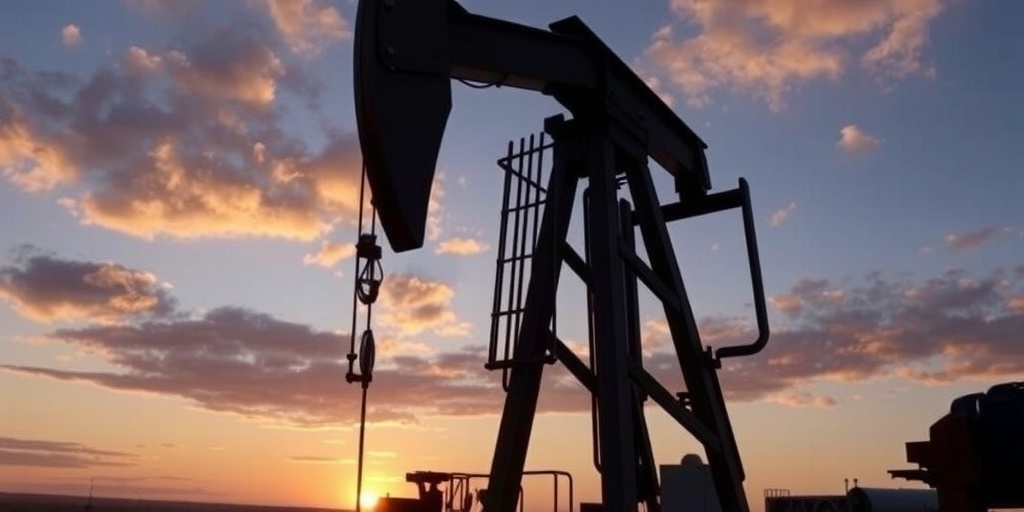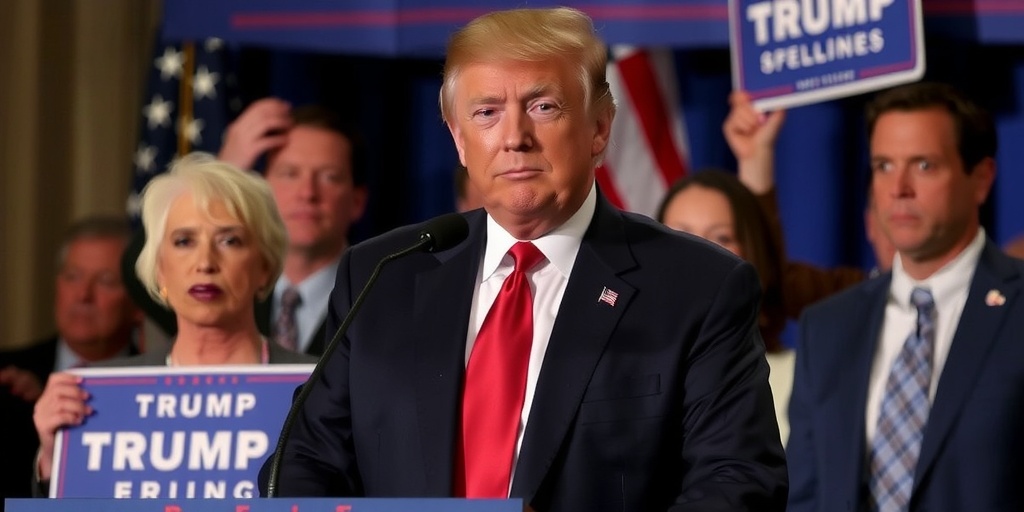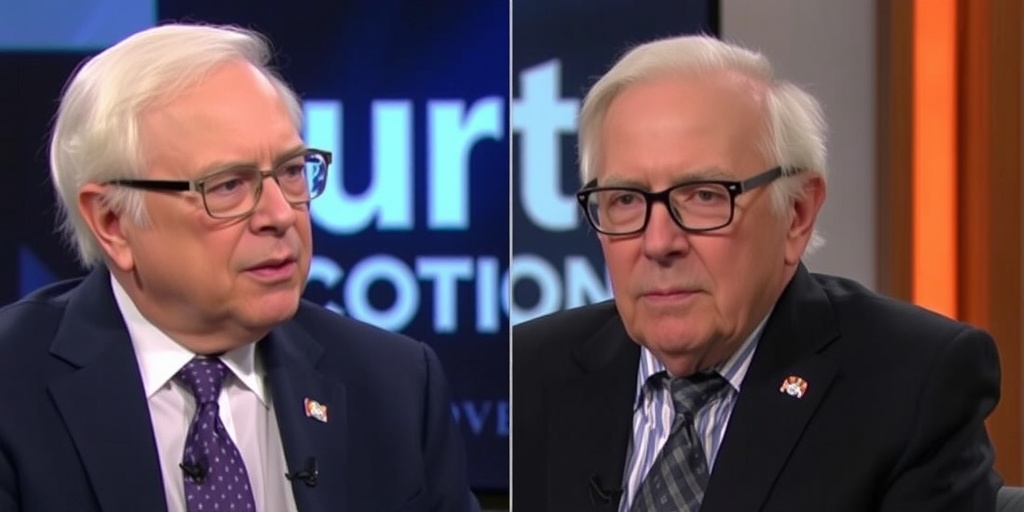Now Reading: Oil Prices Drop as OPEC+ Confirms Production Increase Plans
-
01
Oil Prices Drop as OPEC+ Confirms Production Increase Plans
Oil Prices Drop as OPEC+ Confirms Production Increase Plans

Oil Prices Hit Yearly Low as OPEC Plus Agrees to Increase Production
Oil prices experienced a significant decline on Monday afternoon, reaching their lowest point of the year, as the OPEC oil cartel and its allies confirmed their plans to gradually increase crude oil production starting in April. This decision has the potential to disrupt market dynamics and reshape the economic landscape for both consumers and producers alike.
The strategic decision by OPEC Plus, which includes the Organization of the Petroleum Exporting Countries and key allies such as Russia, to open the taps on oil production is particularly notable as it marks a departure from their previous efforts to maintain high prices through supply restrictions. By bringing back production from nations that have voluntarily limited output—most notably Saudi Arabia and Russia—OPEC Plus is indicating that it is ready to flood the market with an additional 2.2 million barrels per day over several months. This move translates to approximately a 2 percent increase in global oil demand, raising concerns that the market could soon see an oversupply situation.
For consumers, this decision is welcome news. As energy costs decline, consumers typically enjoy lower prices at the pump and reduced energy bills. However, this shift poses a dire threat to oil producers and the economies of countries and regions reliant on oil revenue. As global oil prices settle—with U.S. oil reaching $68.37 a barrel on Monday, reflecting a 2 percent drop—many producers may find their profit margins squeezed. Notably, $68.37 is a price point that is generally favorable for drilling new wells in the U.S., which continues to be the world’s largest oil producer. However, profitability diminishes significantly for many existing wells when prices drop to $60 a barrel or less.
Since December, OPEC Plus has been hinting at the possibility of ramping up oil production, generating skepticism among traders who recalled last year’s repeated delays in similar announcements. Traders were wary, concerned that any increase in supply could outstrip global demand and subsequently depress oil prices even further. Such reticence reflects a cautious approach in a highly volatile market that has demonstrated the ability to swing dramatically in response to geopolitical and economic shifts.
An analysis from Barclays highlights that the decision to gradually increase output may not stem from an uptick in consumer demand; rather, it seems to be a response to growing political pressure, particularly from the Trump administration. Analyst Amarpreet Singh pointed out that the move was unexpected and suggests that OPEC Plus may be bowing to external influences rather than acting solely on market conditions.
President Trump has openly campaigned for lower energy prices, aiming to halve them as part of his broader economic platform—a target critics argue is unrealistic. Earlier this year, Trump indicated his intention to leverage U.S. power to persuade Saudi Arabia and OPEC to curtail prices, demonstrating that politics continue to play a significant role in international oil dynamics. During the World Economic Forum, he expressed astonishment that OPEC had not taken action to reduce prices before the election.
OPEC has stated that it will retain the flexibility to adjust its production plans in response to evolving market conditions, emphasizing the group’s commitment to support oil market stability. This dynamic reiterates that oil production decisions are not made in isolation but are deeply influenced by a combination of economic signals and political circumstances.
In conclusion, while the decision by OPEC Plus to boost oil production could benefit consumers globally by driving prices lower, it simultaneously poses severe challenges for oil producers. As we move forward, the balance between supply and demand in this ever-evolving market will be crucial in determining the future profitability of oil exploration and production, with broader implications for the global economy and international relations. As oil prices settle at a yearly low, the world will be watching closely to see how this production increase unfolds and what ramifications it may have across various sectors.
Stay Informed With the Latest & Most Important News
Previous Post
Next Post
-
 01New technology breakthrough has everyone talking right now
01New technology breakthrough has everyone talking right now -
 02Unbelievable life hack everyone needs to try today
02Unbelievable life hack everyone needs to try today -
 03Fascinating discovery found buried deep beneath the ocean
03Fascinating discovery found buried deep beneath the ocean -
 04Man invents genius device that solves everyday problems
04Man invents genius device that solves everyday problems -
 05Shocking discovery that changes what we know forever
05Shocking discovery that changes what we know forever -
 06Internet goes wild over celebrity’s unexpected fashion choice
06Internet goes wild over celebrity’s unexpected fashion choice -
 07Rare animal sighting stuns scientists and wildlife lovers
07Rare animal sighting stuns scientists and wildlife lovers





















